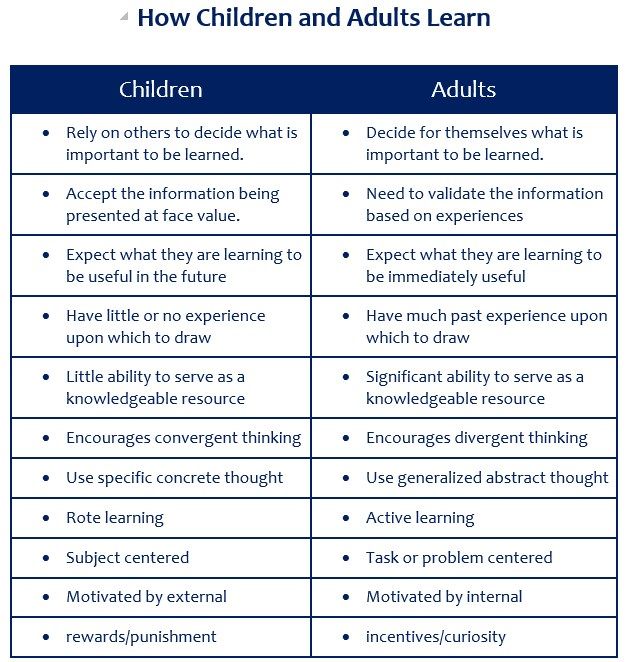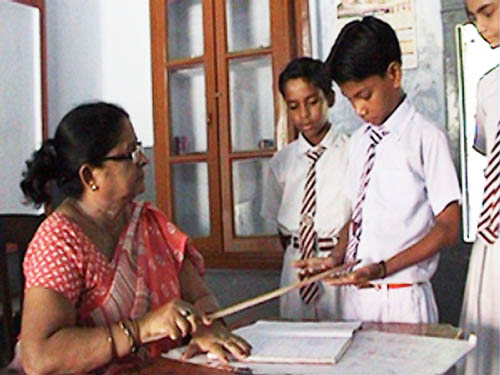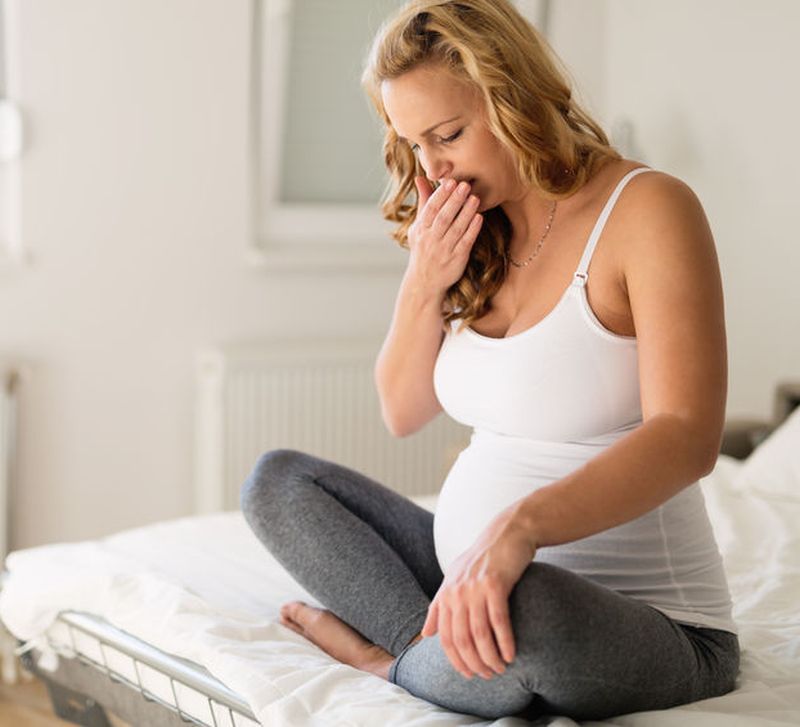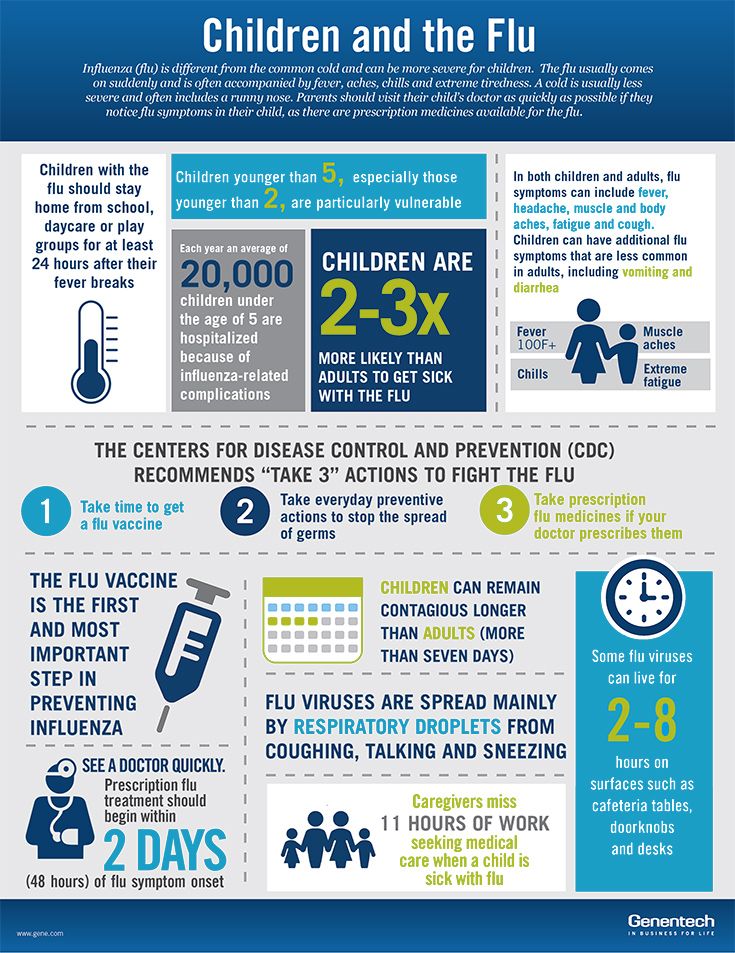How to relieve bloating in a child
Gas and Bloating in Children: Care Instructions
Skip Navigation
Your Care Instructions
Gas and bloating can be uncomfortable and embarrassing problems. All people pass gas, but some people produce more gas than others, sometimes enough to cause distress. It is normal to pass gas from 6 to 20 times a day. Excess gas usually is not caused by a serious health problem.
Gas and bloating usually are caused by something your child eats or drinks, including some food supplements and medicines.
Gas and bloating are usually harmless and go away without treatment. But changing your child's diet can help end the problem. Some over-the-counter medicines can help prevent gas and relieve bloating.
Follow-up care is a key part of your child's treatment and safety. Be sure to make and go to all appointments, and call your doctor if your child is having problems. It's also a good idea to know your child's test results and keep a list of the medicines your child takes.
How can you care for your child at home?
- Keep a food diary if you think a food gives your child gas. Write down what your child eats or drinks. Also record when your child gets gas. If you notice that a food seems to cause gas each time, avoid it and see if the gas goes away. Examples of foods that cause gas include:
- Fried and fatty foods.
- Beans.
- Vegetables such as artichokes, asparagus, broccoli, brussels sprouts, cabbage, cauliflower, cucumbers, green peppers, onions, peas, radishes, and raw potatoes.
- Fruits such as apricots, bananas, melons, peaches, pears, prunes, and raw apples.
- Wheat and wheat bran.

- Soak dry beans in water overnight, then dump the water and cook the soaked beans in new water. This can help prevent gas and bloating.
- If your child has problems with lactose, avoid dairy products such as milk and cheese.
- Help your child try not to swallow air. Make sure that your child does not drink through a straw, gulp food, or chew gum.
- Give your child an over-the-counter medicine. But check with your doctor first if your child is under 12. Read and follow all instructions on the label.
- Food enzymes, such as Beano, can be added to gas-producing foods to prevent gas.
- Antacids, such as Maalox Anti-Gas and Mylanta Gas, can relieve bloating by making your child burp. Be careful when you give your child over-the-counter antacid medicines. Many of these medicines have aspirin in them. Do not give aspirin to anyone younger than 20. It has been linked to Reye syndrome, a serious illness.

- Activated charcoal tablets, such as CharcoCaps, may decrease odor from gas your child passes.
- If your child has problems with lactose, you can give him or her medicines such as Dairy Ease and Lactaid with dairy products to prevent gas and bloating.
- Have your child get some exercise regularly.
When should you call for help?
Call your doctor now or seek immediate medical care if:
- Your child has severe belly pain.
- Your child has blood in his or her stool.
Watch closely for changes in your child's health, and be sure to contact your doctor if:
- Your child has blood or pus in the urine.
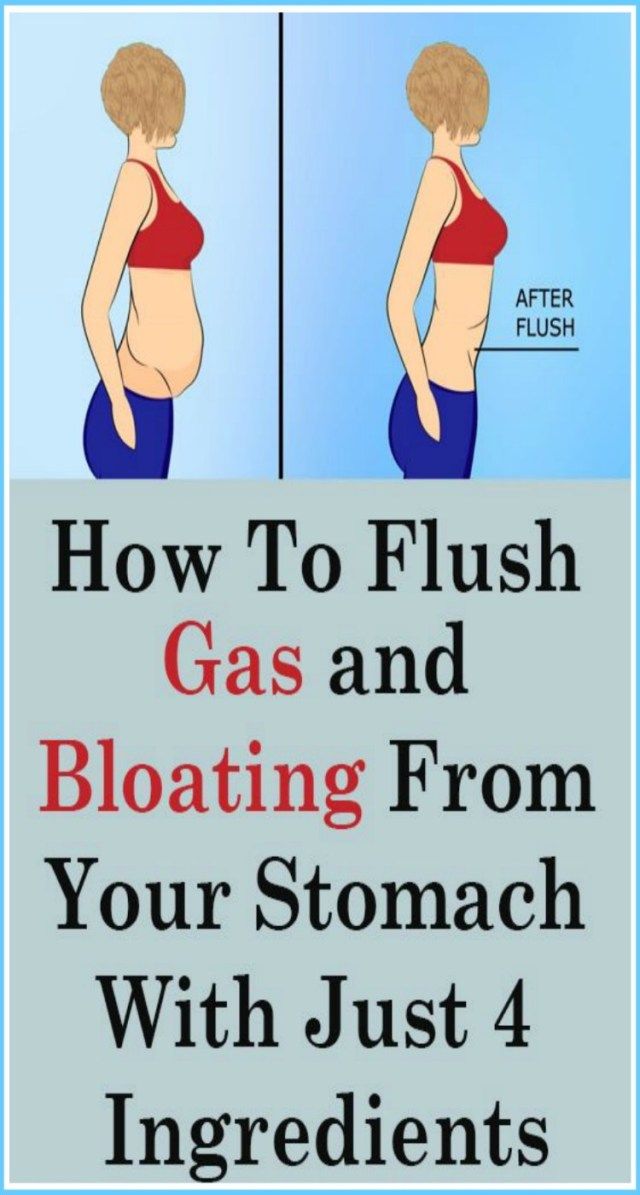
- Your child's urine is cloudy or smells bad.
- Your child is burping and having trouble swallowing.
- Your child feels bloated and has swelling in the belly.
Where can you learn more?
Go to https://www.healthwise.net/patientEd
Enter T911 in the search box to learn more about "Gas and Bloating in Children: Care Instructions".
Toddler gas pains at night and beyond: Why it happens and what to do
- Community
- Getting Pregnant
- Pregnancy
- Baby names
- Baby
- Toddler
- Child
- Health
- Family
- Courses
- Registry Builder
- Baby Products
Advertisement
Gas pain in children and toddlers is rarely serious but can be uncomfortable and keep a gassy toddler up at night. Gas pain is a sign of excess gas in the digestive tract, and it will usually clear up on its own. Here's how to relieve gas and how you can care for your child at home with lifestyle modifications and over-the-counter remedies. Plus, how to know if your child's gas pain is serious.
Gas pain is a sign of excess gas in the digestive tract, and it will usually clear up on its own. Here's how to relieve gas and how you can care for your child at home with lifestyle modifications and over-the-counter remedies. Plus, how to know if your child's gas pain is serious.
Photo credit: iStock.com / Liderina
Is it normal for kids and toddlers to have gas pain?
Yes, it's perfectly normal for kids and toddlers to have gas pain. Unless your child is experiencing more than minor discomfort and complaining a lot, it's generally not a cause for concern.
Gas may happen once in a while – for example, when your child is constipated or after overindulging at a party. If your child is often gassy, it's possible that a particular food or eating habit is to blame. Gas pain is actually a sign of excess gas in their digestive tract. But most of the time, the excess gas should clear up on its own.
What are the symptoms of gas pain in kids?
If you've ever dealt with toddler gas pains at night, you know the symptoms of gas pain can make it hard for your child to sleep. No matter the time of day, gas pain can feel uncomfortable for your child. Symptoms of gas pain include:
No matter the time of day, gas pain can feel uncomfortable for your child. Symptoms of gas pain include:
- Frequent burping or flatulence
- Abdominal bloating
- Pain or burning in their belly
- Possibly nausea
Ask your older child to describe their abdominal pain or stomach ache. Stomach pain over more than half the belly is typical for gas, constipation, indigestion, or diarrhea. Gas can also feel like a cramp, which may be followed by diarrhea. If you have an infant or toddler, they could be having gas pain if they are more fussy than usual, not eating like normal, and drawing their legs up toward their belly.
What causes gas pain in kids?
Your child's diet often plays a role in their gas pain or indigestion. Certain foods like beans, broccoli, and cauliflower are all culprits. Some children may be sensitive to high-fiber foods, such as cereal, and fatty foods, like French fries. Carbonated beverages and caffeine – even that in chocolate – can also be to blame.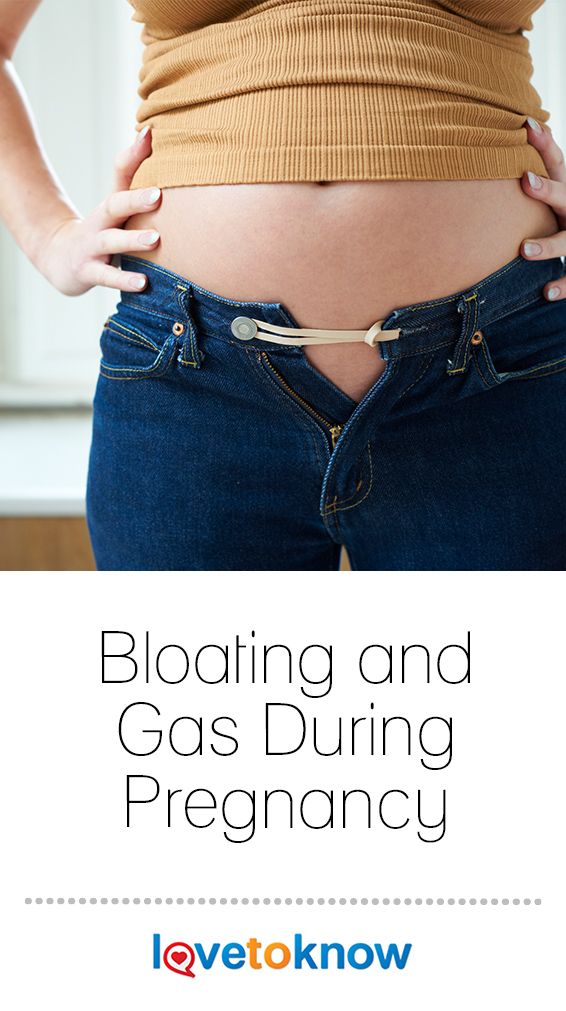 Juice, which is high in sugar, can bring on gas and diarrhea. In fact, the American Academy of Pediatrics recommends limiting how much – if any – juice you offer your child based on age:
Juice, which is high in sugar, can bring on gas and diarrhea. In fact, the American Academy of Pediatrics recommends limiting how much – if any – juice you offer your child based on age:
- Younger than 12 months: No juice
- Ages 1 to 3: No more than 4 ounces (1/2 cup) a day
- Ages 4 to 6: No more than 6 ounces (1/2 to 3/4 cup) a day
Not drinking enough water can also lead to gas pain. While drinking water won't eliminate a gas problem, upping your child's fluid intake can help relieve constipation, which often coincides with gas and abdominal discomfort.
Other factors that cause gas pain include:
Advertisement | page continues below
- A developing digestive system: Your toddler's body may not yet fully absorb a food – like the sugar in a sweet beverage. That food ends up in their colon, where it's fermented by bacteria. This process can cause gas, abdominal pain, diarrhea, nausea, or vomiting.

- Chewing gum: The artificial sweeteners in sugar-free gum are difficult for some children to digest. They get trapped in the colon and are fermented into intestinal gas. Chewing gum also increases the odds of swallowing excess air.
- Moving around during meals: When kids move around and play while they eat, instead of sitting at the table, they tend to get excited, eat fast, and gulp, all of which can increase air in their intestinal tracts. Moving around while eating also increases the risk of choking.
- Screen time during meals: If your child eats while engaged in another activity, such as watching a video, they may ignore their body's signals that they're full and overeat, which can cause gas.
- An underlying health condition: Constipation is a common cause of gas in children. If gas is accompanied by other tummy troubles – like pain, vomiting, or a change in bowel movements – it's possible your child has an underlying health condition, such as lactose intolerance or irritable bowel syndrome (IBS).

Gas pain relief tips for kids
There are a few things you can do to relieve gas pain at home. To get rid of gas pain, first look at your child's diet. Observe which types of foods cause your child to have painful gas and limit or avoid them. Don't overload him with too many gas-inducing veggies at consecutive meals. Avoid fatty foods, caffeine and carbonated drinks, and limit or cut out juice. If you give your child juice, only use 100 percent fruit juice. (Learn more about the best and worst drinks for kids.)
As your child grows, their body will be better able to handle a greater variety of foods. In the meantime, try to reintroduce small amounts of gas-producing foods into their diet periodically. Increase the amount slowly, based on their response. In addition, encourage your child to drink from a water bottle throughout the day. As a general rule, your children should drink approximately one 8-ounce cup of water for each year of life up to a maximum of 8 cups.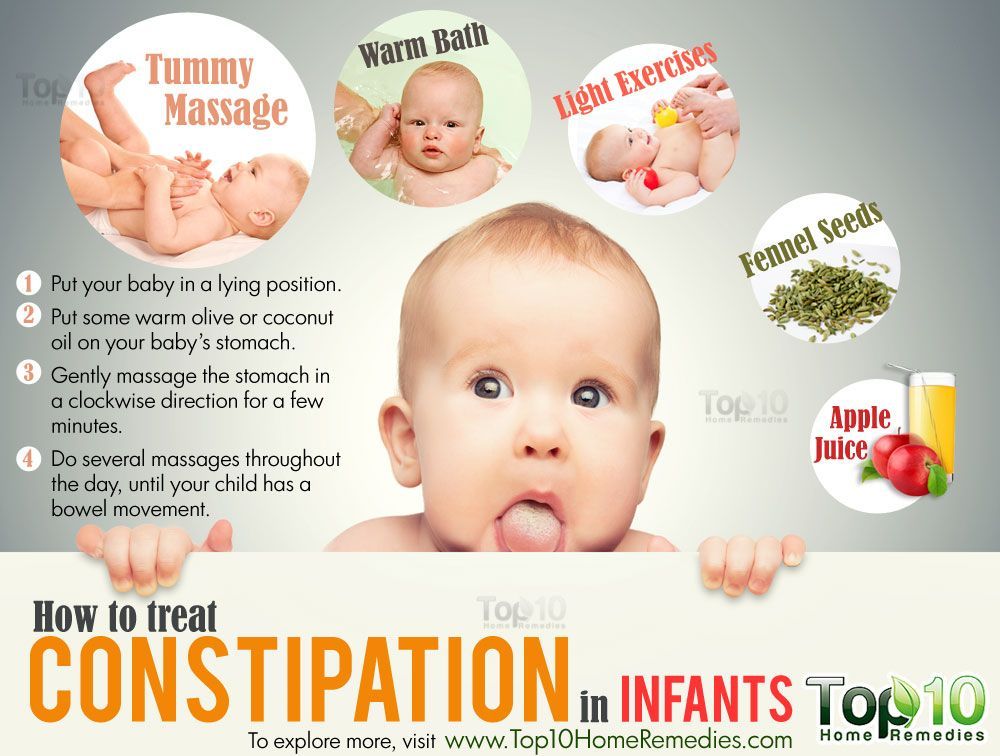 For example, a 3-year old should drink 3 cups (24 ounces) per day. The exact amount may vary based on your child's weight. You could also discuss their diet with their healthcare provider, who might have other suggestions.
For example, a 3-year old should drink 3 cups (24 ounces) per day. The exact amount may vary based on your child's weight. You could also discuss their diet with their healthcare provider, who might have other suggestions.
Lastly, encourage your child to sit at the table with you during meals, chew their food well, and take their time while eating. Be sure to turn off all screens and focus on eating. Reassure them that she'll have time to play after the meal.
What to do about toddler gas pains at night
Gas pains at night are relatively common for both toddlers and adults. Gas builds up in the intestines during the day, so we often pass more gas at nighttime. During the day, monitor your child's diet and have them eat smaller meals, slowly if they can. Incorporate plenty of physical activity during their day as well. If your gassy toddler can't sleep at night, offer them small sips of water and have them walk around a little to try to move gas through the digestive tract.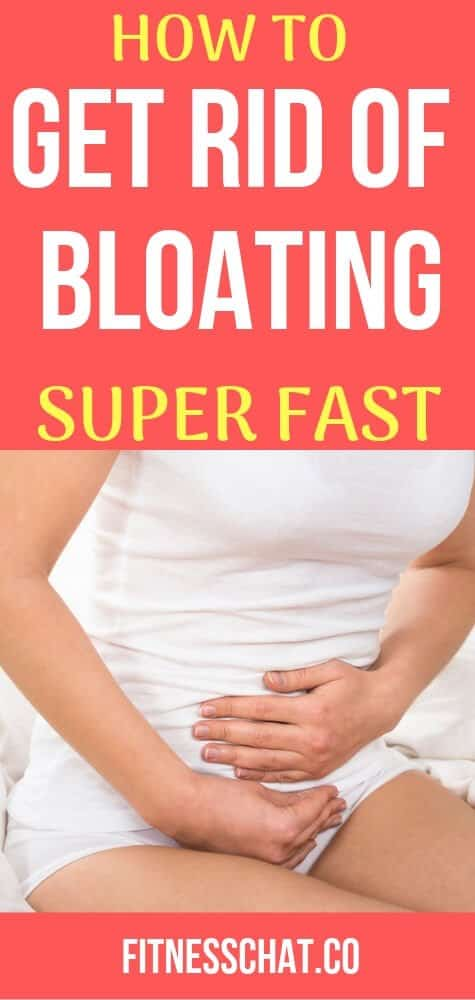
Can I give my child medications for gas pains?
A few over-the-counter medications and remedies offer gas relief for kids. Consult with your child's healthcare provider before giving any medication to your child. Some gas pain relief options you can ask about include:
- Over-the-counter anti-gas medicine: Anti-gas medicine containing simethicone dissolves gas bubbles and prevents gas pockets in the intestines and stomach. It's generally considered safe, but there is little evidence as to whether it really works. Don't combine anti-gas medicine with any other stomach medicine or antacid that also contains simethicone. Also, avoid simethicone drops that contain sodium benzoate or benzoic acid.
- Antacids: Antacids neutralize stomach acid and may help if your child is dealing with heartburn or indigestion in addition to gas. Talk to your doctor first as antacids aren't recommended for long-term use and can even cause side effects like constipation and diarrhea.

- Gripe water: Gripe water is an herbal solution not regulated by the FDA that is thought to help with gas. Like most medications to treat gas, the effectiveness is variable. Gripe water usually includes water, baking soda, and a variety of herbs like ginger and fennel. It might also include sweeteners. Talk to your doctor if you want to give gripe water a try.
- Probiotics: Probiotics are microorganisms that may help re-establish the intestines' normal physiological environment. Some have been shown to reduce the duration and frequency of diarrhea, although more research is needed. There are many different probiotics available over-the-counter, as well as in cultured dairy products, so talk to your pediatrician about what might be best for your child.
Should I worry if my child has gas pains?
As uncomfortable as gas pain is for a child (or anyone!), it will most likely clear up on its own. If you're concerned or have questions about your child's gas pain, don't hesitate to call their doctor.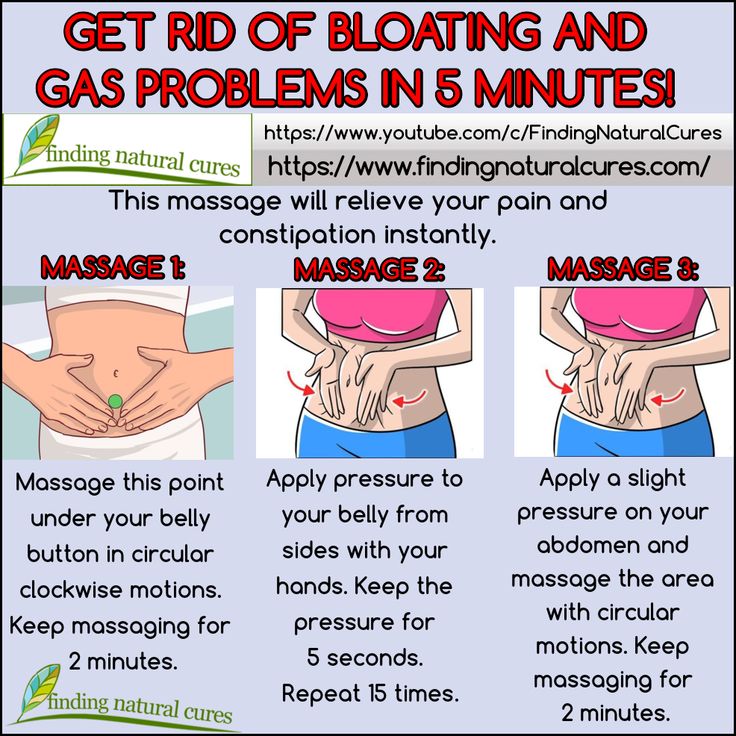 Talk to your provider right away if you're noticing any of the below symptoms:
Talk to your provider right away if you're noticing any of the below symptoms:
- They have pain so severe they can't move without causing more pain
- A fever
- Bloody stools
- Swelling of the abdomen
- Severe tenderness when you touch their stomach
- Skin that appears yellow
- Persistent nausea or vomiting
- Difficulty sitting in a comfortable position
Learn more
- Stomach ache in babies and toddlers
- Nutrition guidelines for young children
- Teaching table manners to your preschooler
- How to avoid making meals a power struggle
Maggie Getz
Maggie Getz is a freelance writer and editor specializing in health, wellness, and motherhood. She lives in Colorado with her husband and young son and daughter. She enjoys hiking, yoga, baking (and eating said baked goods), as well as connecting with other moms.
causes and treatment of disease in children
Bloating is common in both infants and older children. There are several reasons for this unpleasant phenomenon: indigestion, imbalance of intestinal microflora, weakening of the immune system. How to determine the source of malaise and remove the painful condition?
There are several reasons for this unpleasant phenomenon: indigestion, imbalance of intestinal microflora, weakening of the immune system. How to determine the source of malaise and remove the painful condition?
Symptoms of flatulence
Bloating is a problem that causes real suffering to babies. The accumulated gases inflate the tummy, stretch the intestines, cause discomfort and often acute pain. At the same time, the child worries, cries, often wakes up. nine0003
Characteristic signs of infantile colic are loud crying of the baby, twitching of the legs, refusal of the breast. Attacks occur in the late afternoon, can last for several hours and subside when the baby manages to release gases. Children do not react so sharply to the occurrence of bloating, they can also refuse to eat and act up, while complaining of pain, heaviness and distension in the abdomen. What to do in such a situation?
Causes of flatulence in children
In fact, the formation of gases in the intestines is a natural state of the body. Air enters the stomach during suckling of breast milk by infants or during meals in older children. Gas formation also occurs when gastric juice is neutralized by an alkaline secret or when food is broken down by bacteria that inhabit the intestines. Normally, a healthy intestinal microflora reduces the spread of gases that are problematic in the rectum.
Air enters the stomach during suckling of breast milk by infants or during meals in older children. Gas formation also occurs when gastric juice is neutralized by an alkaline secret or when food is broken down by bacteria that inhabit the intestines. Normally, a healthy intestinal microflora reduces the spread of gases that are problematic in the rectum.
Excess gas occurs when the bacterial balance is disturbed for some reason. In this case, an excessive amount of gases fill the stomach, they are difficult to excrete and cause pain. This condition is called dysbiosis. An imbalance in the intestinal microflora with improper treatment provokes the activation of fermentation processes and causes an upset stool. nine0003
Factors that cause increased gas formation in children can be: artificial feeding, excessive use of antibiotics, acute infections, intolerance to cow's milk, chronic diseases of the gastrointestinal tract.
In infants under three months of age, the balance of the microflora is only being established.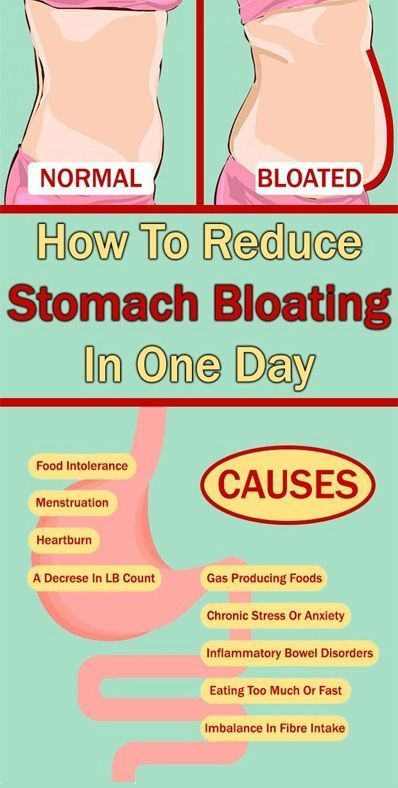 During this period, the occurrence of colic is a frequent phenomenon.
During this period, the occurrence of colic is a frequent phenomenon.
Prevention and treatment of bloating
Laying the baby on the tummy, putting a warm diaper on the painful area, using a gas vent tube will help to eliminate infantile colic. After feeding, it is recommended to hold the baby in a “column” for several minutes so that he burps the swallowed air. Mom should stick to a diet: avoid eating smoked meats, fatty foods, legumes, peanuts. nine0003
During an attack, children of all ages benefit from a gentle massage of the abdomen, which is a circular rotation in a clockwise direction. Warm baths that relieve spasms, fennel tea, and dill water will also help.
Of the drugs in moderate amounts, sorbents are prescribed that absorb gases or defoamers - polymers that destroy the resulting foam in the intestine, relieving gases. Probiotics are also an effective remedy for bloating. These are drugs that contain beneficial, live bacteria (lactobacilli, bifidobacteria).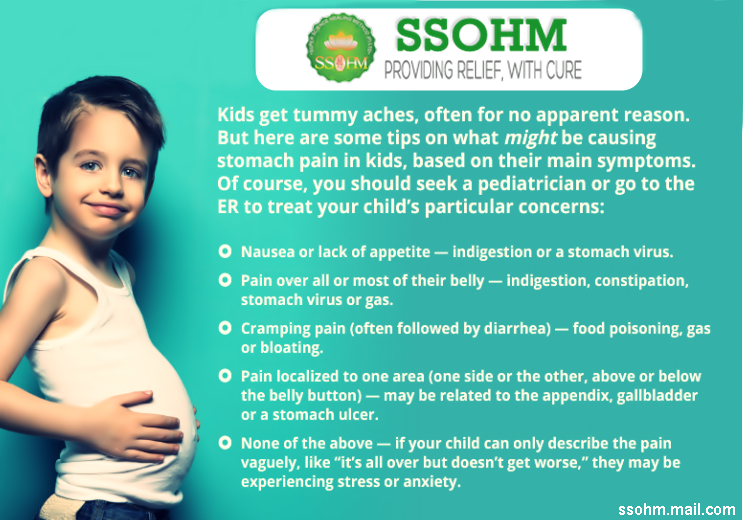 They help to quickly restore healthy intestinal flora. nine0003
They help to quickly restore healthy intestinal flora. nine0003
Children's flatulence in children is a serious problem. To understand its causes, it is better to contact a specialist: a pediatrician or a gastroenterologist. The Orinmed clinic employs experienced doctors who quickly and accurately diagnose the causes of colic. In difficult cases, additional laboratory diagnostics may be required. All tests can be taken in one place and get the results. Properly prescribed treatment will help get rid of painful manifestations in a short time and restore a good mood to the baby and his parents. nine0003
How to "deflate" the stomach?
June 5, 2020
Although almost everyone has experienced bloating and gas, this topic is very sensitive and rarely brought up for discussion.
However, today, when the world celebrates the Day of healthy digestion, we will talk about what to do if flatulence often takes you by surprise? nine0003
Main causes of bloating:
- Reaction to certain foods.
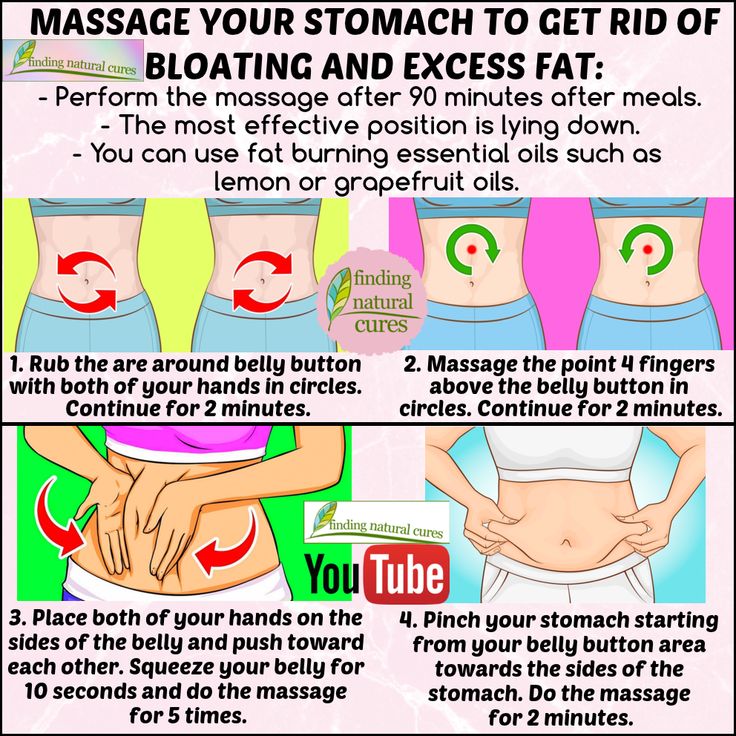 So, increased gas formation causes lactose from milk, raffinose from raw cabbage, soluble fiber from legumes, coarse fiber from bran, hard fruits and whole grains. This does not mean that such foods should not be eaten, but with frequent flatulence, their content in the diet is best minimized. In addition, bloating provokes heavy and fatty foods that make digestion difficult. nine0052
So, increased gas formation causes lactose from milk, raffinose from raw cabbage, soluble fiber from legumes, coarse fiber from bran, hard fruits and whole grains. This does not mean that such foods should not be eaten, but with frequent flatulence, their content in the diet is best minimized. In addition, bloating provokes heavy and fatty foods that make digestion difficult. nine0052 - Excess air in the digestive system. Chewing gum, drinking carbonated drinks, using a drinking straw - all of these activities can lead to involuntary swallowing of excess air and, consequently, to bloating.
- Sedentary lifestyle. In the absence of physical activity, intestinal peristalsis slows down, and gases do not find a natural outlet.
- Female hormonal fluctuations. So, during PMS, in many women, the walls of the abdominal muscles weaken and excess fluid accumulates, which leads to bloating. nine0052
- Constipation. Bloating occurs when the contents of the intestine remain in it for a long time.
 In this case, it is necessary to look for the causes of constipation and get rid of it.
In this case, it is necessary to look for the causes of constipation and get rid of it. - Diseases of the gastrointestinal tract. Bloating and flatulence can be symptoms of colitis, gastritis, pancreatitis. If you have pain or severe discomfort, be sure to consult a doctor!
- Age. Unfortunately, over the years, the muscles of the digestive system can weaken and lose tone.
- Some antibiotics. By killing not only harmful, but also beneficial bacteria, they lead to dysbacteriosis. Therefore, antibiotics should certainly be accompanied by drugs to restore microflora. nine0052
- Water with meals. Washing down food with a lot of water, we reduce the concentration of gastric juice and worsen digestion. This can lead to fermentation of food in the intestines. Therefore, it is better to drink water in between meals.
These measures will help you quickly get rid of unpleasant symptoms.
1. If bloating is accompanied by pain and other alarming symptoms, be sure to consult a doctor! They will help you identify the exact cause of the problem and select a treatment. nine0003
nine0003
2. Do special exercises
To strengthen your abs and improve intestinal motility, alternately tense and relax your abdominal muscles, holding for a few seconds. Perform 15-20 times in a row.
And to help the natural passage of gases, while lying on your back, slowly raise and lower your legs several times.
3. Drink warm water in the morning
A glass of water 20-30 minutes before breakfast normalizes the secretion of gastric juice and prevents gas formation in the gastrointestinal tract. nine0003
4. Review your diet
If you often suffer from bloating, then include boiled rice, buckwheat porridge, baked vegetables and fruits, lean fish and poultry, soft-boiled eggs in your menu. From dairy products, leave only kefir and fermented baked milk.
5. For symptomatic treatment, use enterosorbents
"Polysorb", "Enterol", "Enterosgel" absorb gases, suppress fermentation and remove toxins.
